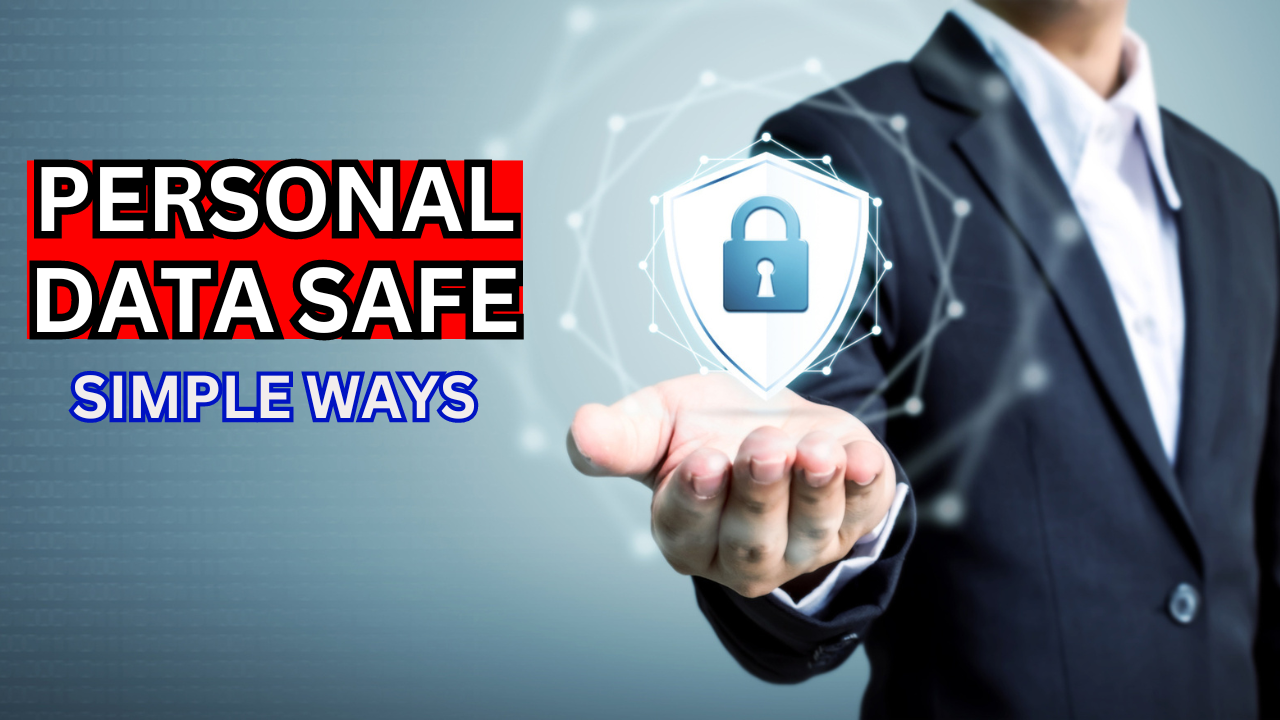Why do 80% of people ignore these simple data protection tips? Let’s change that today. In today’s world keeping your data safe is very hard, and it is important to keep it safe as well, with our lives nowadays online, and we spend so much time on it, it’s important to know how to protect yourself from hackers and scammers. Luckily, there are some amazing and simple ways for you that you can use to keep your information secure. In this article, we will talk about some straightforward tips to help you stay safe online.
Use Strong Passwords:
A strong password is one of the fine approaches to guard your accounts. Avoid simple passwords like “123456” or “password.” Instead, use a combination of letters, numbers, and symbols. Make sure every account has a different password. If it is difficult to remember all of them, do not forget the use a password manager to keep track of all your passwords.
Turn On Two-Factor Authentication (2FA):
Two-factor authentication (2FA) adds an extra step when you log in to your account. After entering your password, you will need to enter a code that comes to your phone. This makes it a whole lot harder for a person to hack your account, even if they know your password.
Be Careful with Public Wi-Fi:
Public Wi-Fi, like the type you find in cafes or airports, may be volatile. Hackers can without difficulty steal your data on these networks. If you need to use public Wi-Fi, keep away from having access to sensitive information like your financial institution account. You can also use a VPN, which keeps your information safe by hiding it from others.
Keep Your Devices Updated:
Make sure your pc, smartphone, and apps are always updated. Updates frequently include fixes for protection issues that hackers could take advantage of. By keeping everything up to date, you’re making it harder for everyone to access your data.
Watch Out for Phishing Scams;
Phishing scams are fake emails or messages that try to trick you into giving freely your private information. These messages may appear like they’re out of your bank or from a well-known organization. Be careful before clicking on links or opening attachments, especially if something doesn’t feel right. When in doubt, move directly to the company’s internet site as instead of clicking on links inside the message.
Don’t Share Too Much on Social Media;
Be careful about what you share on social media. Hackers can use info like your birthday or your pet’s name to guess your passwords. Check your privacy settings to control who can see your posts and keep away from sharing personal information publicly.
Use Secure Websites:
When you’re purchasing or entering sensitive information online, make sure the internet site is secure. Look for “https” at the start of the net address. The “s” means the website is safe to use. If the internet address starts with “http” without the “s,” your information won’t be protected.
Check Your Accounts Regularly:
Keep a watch on your financial institution bills and online accounts to spot any unusual activity. If you notice anything strange, report it to your bank or the enterprise right away. Checking regularly can help you catch problems early.
Back-Up Your Data:
Backing up your data means making copies of your important files. If something happens to your device, like if it is misplaced or hacked, you won’t lose everything. Use an external hard drive or a cloud storage service to hold your files securely.
Conclusion: Simple Steps for Safety:
Keeping your personal information safe is easy. Use strong passwords, enable 2FA, and avoid using public Wi-Fi for important tasks. These simple steps help protect you from hackers and scammers. A bit of effort now can prevent a lot of problems later.


